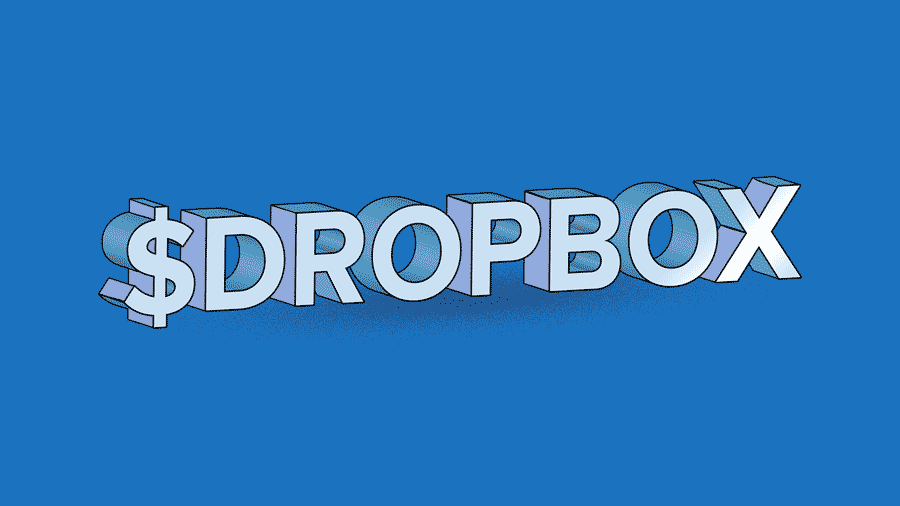News came out yesterday that Robinhood, the popular zero-fee stock and crypto trading app, is raising $350 million at a $5.6 billion valuation. As the Wall Street Journal noted when it broke the story, the company’s new valuation represents “a fourfold increase [on its prior value] in just one year.”
The new funds bring both a huge check and an enormous valuation, a valuation that Robinhood will now need to grow into. The question is when it will be able to do so, or, more precisely, how much work Robinhood has ahead of itself to merit its new, private market capitalization.
Follow Crunchbase News on Twitter & Facebook
So let’s check a market comp, remind ourselves how Box did post-IPO compared to its last, private valuation, and check in on Dropbox’s private-public valuation gap to give ourselves some context around the new Robinhood round.
E*Trade
We’ll start with an obvious market comp. Currently, E*Trade is valued at $15.1 billion, making the traditional online discount brokerage worth about 2.7 times as much as Robinhood.
To set the stage a bit, E*Trade’s 2017 revenue was $2.36 billion, up from $1.94 billion the year before. That 21 percent revenue bump led to net income of $614 million, up from $552 million in the year preceding.
Now we could say that Robinhood, worth about 37 percent of E*Trade, should have about 37 percent of its revenue and profit. But that would be simplistic for several reasons. First, Robinhood is likely growing its revenue more quickly than E*Trade in percentage terms, which makes its current revenue more valuable on a per-dollar basis. (It has a higher revenue multiple, in other words, due to its rapid growth.) That fact lowers our comparative revenue expectations.
We can also presume that Robinhood isn’t profitable, as most unicorns aren’t. That means its revenue is worth a bit less in that particular context than E*Trade’s top line.
So what matters more? Growth, by a good margin, I’d posit. But even if we grant the company a full 50 percent discount on comparative revenue due to a faster growth rate, Robinhood would need top line revenue of more than $436 million (trailing) to warrant its new valuation.
I doubt that Robinhood is at that level today, so its investors are betting that the company’s future growth will more than allow Robinhood to grow into its new valuation over time. That’s a perfectly valid wager to take, and it is essentially that same gambit that venture capitalists always take when investing into unprofitable, high-growth tech startups.
So why do we care about Robinhood’s round, or, more precisely, why are we picking on the company a little bit? Because we are watching a massive unicorn give itself a haircut before our eyes, and that company’s reduced valuation is a good warning sign that if you get ahead of yourself too far when private, it can take ages to get back to even.
Dropbox (And Box)

As we all know by now, Dropbox is looking to take a valuation cut when it goes public. Previously worth $10 billion, Dropbox may go public worth around $7.5 billion. That’s with 31 percent year-over-year revenue growth, $1.1 billion in trailing revenue, and positive free cash flow. Dropbox is a healthy company that, after growing like a weed in recent years, is worth billions less in 2018 than it was in 2014.
Box, to raise another useful example of a unicorn IPO, is worth $2.9 billion today after three years as a public company. Box’s last post-money valuation from 2014? $2.45 billion according to Crunchbase. Box has grown into and then out of its old, private valuation. But think about how much work went into it: twelve quarters of public life, after which Box now generates free cash flow, did a half billion in fiscal 2018 revenue (calendar 2017, roughly), and has strong SaaS retention rates.
All this means that we have seen the unicorn gestation cycle enough times now to realize that enormous private valuations can take years to grow into, and that sometimes startups such as Robinhood can’t mange to do so until after their IPO, if ever. After all, Box went public at a down-valuation just like Dropbox is expected to. But what’s useful is that we can kinda-nearly-somewhat understand how big Robinhood will have to become to meet its new valuation.
And what happens if the markets slip, and the value of E*Trade and other, public Robinhood comps see their value fall? It would mean that Robinhood’s path to earning its private valuation becomes steeper, as when public revenue multiples drop, private companies have to grow bigger to meet the same valuation expectation. (Public revenue multiple compression leaks backwards into private markets!)
It’s a long road for for the stock trading app at Nasdaq 7,500. But don’t think that Robinhood is alone when it comes to having big shoes to fill. There’s a herd of unicorns out there in similar situations.
Illustration: Li-Anne Dias

Stay up to date with recent funding rounds, acquisitions, and more with the Crunchbase Daily.











67.1K Followers